FROM NEW YORK TIMES BESTSELLING AUTHOR DR. JASON FUNG: The landmark book that is helping thousands of people lose weight for good.
Harness the power of intermittent fasting for lasting weight loss.
Understand the science of weight gain and insulin resistance.
Stop suffering and ditch calorie counting, yoyo diets, and excessive exercise.
In this highly readable book, Dr. Jason Fung, long considered the founder of intermittent fasting, sets out an original theory of obesity and weight gain. He reveals that everything you’ve been told about how to lose weight is wrong: weight gain is driven by hormones, and only by understanding the effects of insulin and insulin resistance can we achieve lasting weight loss.
Dr. Fung shares five basic steps to controlling your insulin for better health. And he explains how to use intermittent fasting to break the cycle of insulin resistance and reach a healthy weight—permanently.
Read more
Disclaimer Note : This post may contain affiliate links, meaning I get a commission if you decide to purchase through my links, at no cost to you.

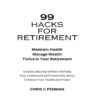
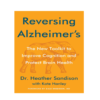
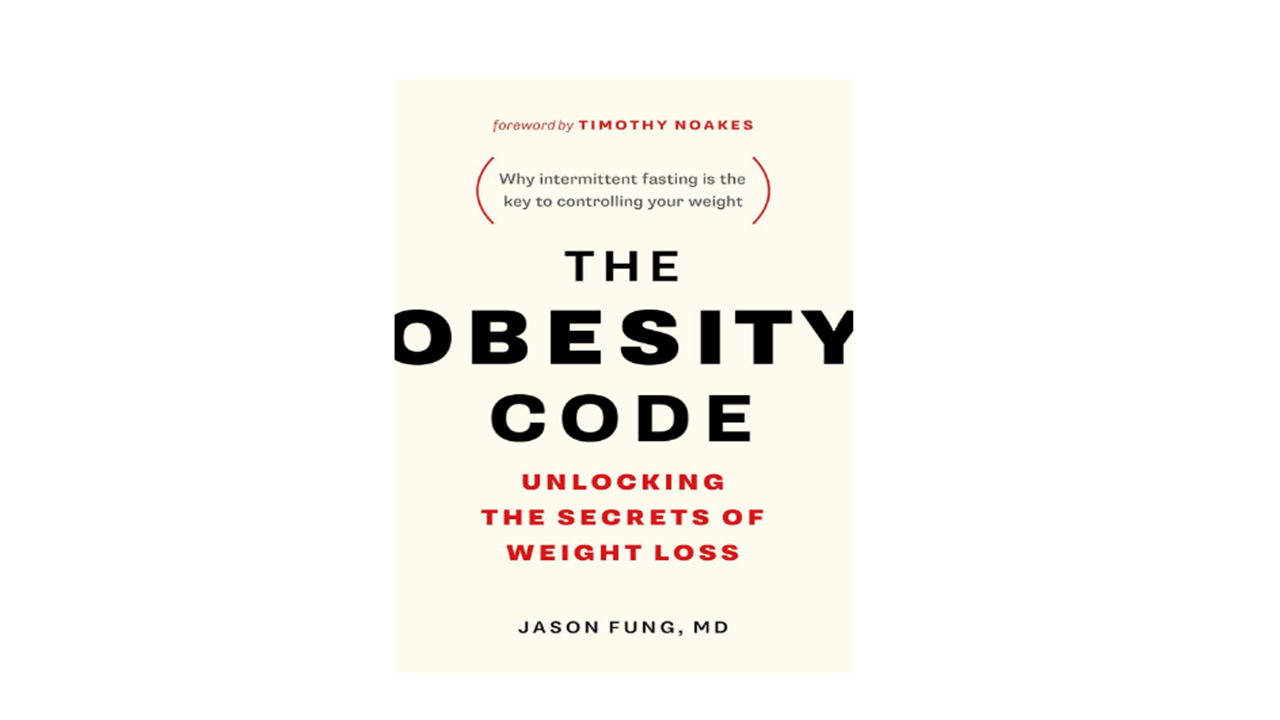
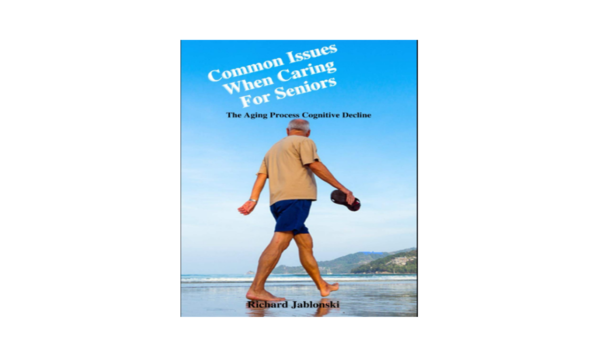

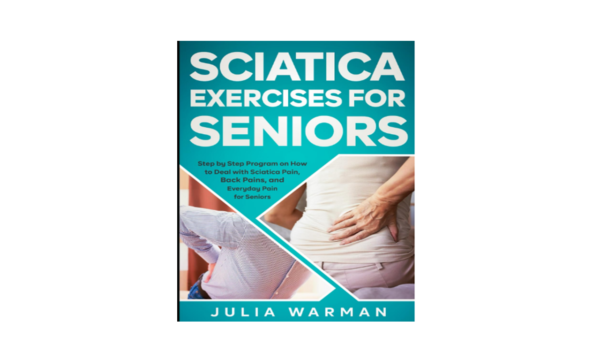


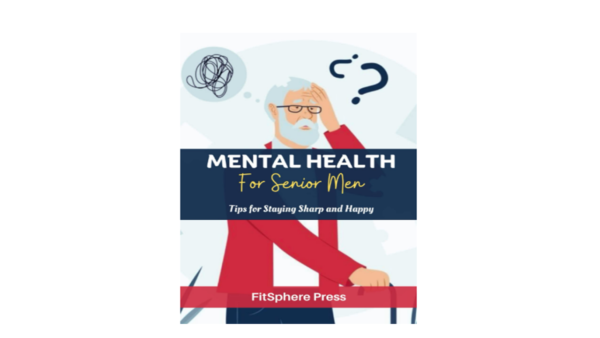
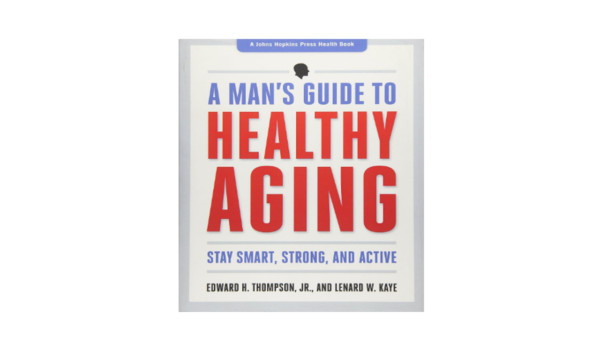
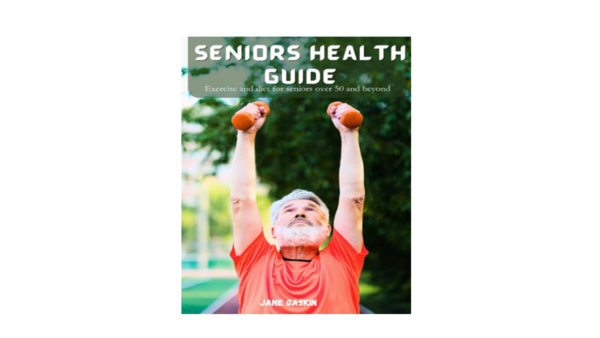
Sharon Villemaire –
Unfortunately, 25% of this book is end notes and index. You only read 75%
Phenomenal information, insight and straight forward presentation.
Pete “WAG” Wagner –
My wife and I love reading books about health and were never that concerned about weight loss but I found Dr. Fung’s YouTube videos and blog to be very interesting and decided to pick up his book based on watching those. We were fasting for health promoting reasons other than weight loss and watching and reading about fasting is something to do while into the fast.
This is one of the best health-related books we have read in years! Fung’s premise and the way he supports it are fascinating and important. I wish we had his perspectives and insights on fasting many years ago. I do not like that he fails to give Dr. Joel Fuhrman the props he deserves for breaking the ground on providing a strong book endorsing fasting about 23 years ago. Reading that book was the first step for me in removing my fear of fasting for more than a day or two, but Fung’s book and blog took the fear factor down by another huge notch by insisting that there was no evidence that fasting obliterates muscle tissue or causes overeating as a rebound effect after fasting. He didn’t really completely dispel the notion that there is a possible problem with such greatly improved digestion and efficiency in absorbing and processing food that this may result in weight gain, something Fuhrman still suggests. But overall, Fung’s whole paradigm about insulin and the reduction of insulin levels seems very well thought out and supported and was very helpful to us after this last seven-day fast. Now we are doing some intermittent fasting, no eating after 7:30 pm for me or before 10:30 am. My wife, who is 105 lbs soaking wet and has a much more physically active job, is using a shorter fasting window but controlling the timing of her eating better than before we read the book.
The results for me have been fantastic. I have battled belly fat since abdominal surgery (emergency appendectomy) two years ago that seemed to cause something to go haywire with my gut (maybe scar tissue? adhesions?) and now sticking to the intermittent fasting, my weight seems to finally be cracking and moving downward. We’ll have to see if I can actually lower my setpoint and get it down to where I don’t feel like I am wearing a sack of potatoes on my belly, and keep it there. I have WAY more energy than I did when eating between 8 am and 9 pm every day. I still have some trouble sleeping and hope that evens out because it is a cortisol jacking problem to sleep too little, but my energy is very high so far.
The book has all kinds of interesting facts that I never knew about, like the fact that ANYthing you put in your mouth that is sweet, including artificial sweeteners with no calories (I was using stevia), raises insulin levels! And that the myth of a big breakfast being better for one’s weight is not really supported by any meaningful data.
The one thing I am still not convinced of is that a high-fat diet is ideal, even though Dr. Fung tells us that fats are the macronutrient that minimally raises insulin. I have a sugar craving that is out of this world–I know that may go down with time if I can get insulin levels down, but meanwhile I need my fruit and lots of it and in my experience, when I eat a lot of fruit and very little else for a few days or over a week (I only did this once–nearly 100% fruitarian for about 10 days), I dropped a ton of body fat and felt phenomenally healthy. That lasted for a few months, then I got voraciously hungry and gained back all the weight and then some. But when I try to eat most of my calories from fat (nuts and seeds for me, being a vegetarian/usually vegan), I am never satisfied, always starving for sugar (fruit). And fat constipates me. When I try to use cheese or dairy fat, I get angina and my cholesterol levels become very unhealthy. So if this topic can be addressed more, I would love to see it.
I should add that while Fung has acknowledged (I think this may have been in interviews not in the book) that people can feel “awful” the first few times they try fasting, he paints too rosy a picture of fasting as almost always giving people more energy DURING fasts. This I have found is often very true for SHORT fasts, like intermittent fasting of 12-17 hours a day, but NOT when you get into more than a couple days, at least not for us! And we have now done many, many fasts since 1979. Most of mine were no more than 4 days until last year when we finally did a 10 day fast in Feb., 3 days in April, 3 days in July, 9 days in Sept., 3 days in Nov. (over Thanksgiving!!! imagine!!!), and 6 in Dec. (over Christmas–again, what a feat). We were VERY tired, low on energy most of the time and were just able to do a 20 minute walk every day and that about wore us out. This last fast a couple weeks ago was the first one where I had that burst of energy the fourth night and the fifth morning, but when I tried to do some fast walking or jogging, forget it! The energy did not work when I pushed it at all. Maybe this tiredness is mostly toxins circulating or maybe it is that we don’t do well on ketones, not sure why, but Fung fails to warn folks that this may be a major concern. He implies you can just keep working at your normal job, etc. Maybe you can but we sure can’t. Even me, and I have a very low-stress kind of work at home. We have found, contrary to what he is suggesting, that you really MUST be prepared to REST and be bored if you are going more than a day and a half.
Anyway, strongly recommend this book to those interested not just in weight control but in general health promoting strategies.
A reader –
This is the best book of its kind on the market, and the only one you need to read if you want to understand how you can lose weight safely and naturally, reverse a number of metabolic conditions without drugs, and improve your overall health.
There are a lot of excellent books on the toxicity of sugar, refined carbohydrates and processed foods, as well as books that explain the role of insulin in a variety of metabolic disorders. I have been reading and enjoying lots of them recently. But none of the others offer the simplest and most obvious solution to our exploding epidemics of obesity, diabetes, metabolic syndrome and related conditions. The solution is as old as the human race itself: intermittent fasting.
This is something I did instinctively years ago. Dr. Fung’s combination of solid science and plain old-fashioned common sense confirms the wisdom of what I instinctively did for many years: eating very sparingly, sometimes only once a day or not at all if I wasn’t hungry. At 5’8″, I maintained a healthy weight of 125 pounds for many years this way, and my doctors all encouraged me to keep doing whatever I was doing to maintain this weight. It was everyone else who steered me in the wrong direction. (More on that in a moment.) I had plenty of energy, felt wonderful and looked great. I wasn’t skinny by any means. I had enough subcutaneous fat to lend some roundness to my silhouette and keep all my systems functioning normally. I just didn’t have any visceral fat in my belly or internal organs.
Fast-forward a few decades, and the picture changes dramatically. Within the past 10 years, I have gained 65 POUNDS, much of it in the form of the deadly visceral fat that gathers around the waistline and internal organs. I can remember the exact point in time a few years ago when I could actually FEEL the fat building up in my stomach. I felt constantly congested, bloated and uncomfortable. Yet I was also constantly hungry.
More significantly, routine tests have begun to show some alarming signs. In particular, my formerly low “bad” cholesterol is now alarmingly high — high enough to prompt one doctor to threaten me with statin drugs. (I changed doctors. Statins are crazy dangerous.)
What happened to make such a dramatic change? Simple. I live in America. I could probably end my explanation right there, but let me explain what living in America means for metabolic health. We have all been fed the idea (pardon my pun) that we MUST eat at least three meals a day. Some so-called “experts” even insist that we need to eat as many as six meals a day. Just let that sink in. Six. Meals. A. Day. That’s supposed to help us LOSE weight?
I was constantly being judged by those closest to me for my eating style, as well as for my weight, which they insisted was “too skinny.” Friends, family members and others frequently accused me of being anorexic, told me that I was setting a bad example for my daughters, that “no one can eat like that.” And because I loved them and believed they had my best interests at heart, I trusted them against my own better judgment.
After some 30 years of eating the “normal” American way, I now have ample proof in my own ample proportions that the American way of eating is the one that’s crazy, and that my way was right all along — especially since many of my biggest critics have since died prematurely because of the very eating habits they insisted I adopt.
One significant truth that Dr. Fung’s book adds to my own innate pattern is to make sure to stay hydrated. In my younger days, I must confess, I was pretty careless about drinking enough water, and sometimes I used to get very dehydrated. That would then lead to headaches and fatigue which, of course, merely added weight (another pun) to the arguments from others that I wasn’t eating enough. By making sure I drink plenty of water and bone broth on fasting days, I feel terrific when I’m fasting — actually much better than on days when I am not fasting.
One suggestion for those of you who choose to follow Dr. Fung’s very simple, customizable, doable intermittent fasting program: Don’t tell anyone else what you’re doing — not even your health-care providers, if they are the sort who believe they know more about your own body than you do. If you do tell other people that you are following the intermittent fasting plan, be prepared to be judged, attacked, criticized and told you’re crazy. Close your ears and trust your gut. Your own body will tell you everything you need to know about what is best for you. Then, just make sure you have your critical markers routinely tested and monitored: blood pressure, blood glucose, insulin resistance, cholesterol levels, etc. And find out exactly what each of those numbers means. Those will give you a clear picture of what is happening with your health.
I am now entering my fourth day of reintroducing my old eating pattern of intermittent fasting, and I have already lost six pounds. I’ve chosen to follow the every-other-day pattern, just because it’s really easy. I eat one day, fast the next. And to be honest, my fasting days haven’t been pure fasts. I’ve nibbled on a few things here and there on those days. My eating pattern on non-fasting days has changed as well: I’ve gone back to eating only when I’m actually hungry, and it’s much easier to stay away from sugar and processed foods, since they just don’t taste good and aren’t satisfying. What I’ve discovered is that I will lose maybe two or three pounds on fasting days and gain back one on the following day when I eat. Still, the overall trajectory on my scale is clearly downward, which is already a complete reversal of the trajectory I have been on for the past several decades. And, I feel terrific: I have tons of energy, and I’ve lost that awful congested feeling in my belly. The point is to pick the pattern that’s most realistic for you, and then adjust it and tweak it to make it work for you.
(I think maybe those of us who are following Dr. Fung’s suggestions need to form a support group to help strengthen ourselves against the inevitable attacks and criticisms we are likely to encounter. Anyone with me on this?)
Bottom line: This book, and your own best instincts, are really all you need to improve your health. Good luck, and enjoy your new life bursting with health and energy!
Client d’Amazon –
Great book. It can change your life.
Balaji –
This is the appropriate book for people who want to know about diet and slimming!
Reto Ehrler –
So many informations underlied with studies. Should be read by al doctors and nutrition coaches! To really see the truth about losing fat and stay with a healthy nutrition. Best book ever for that topic!
freddie –
Very understable and a good read